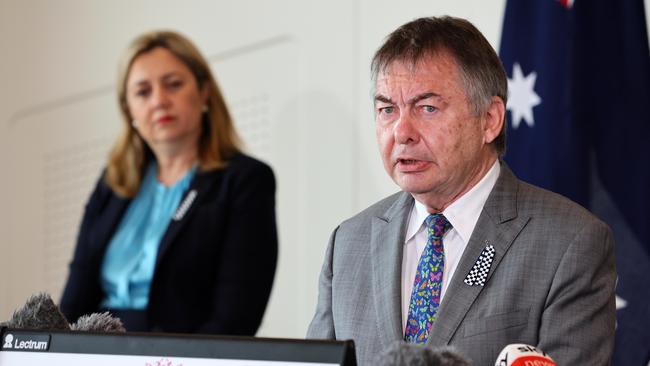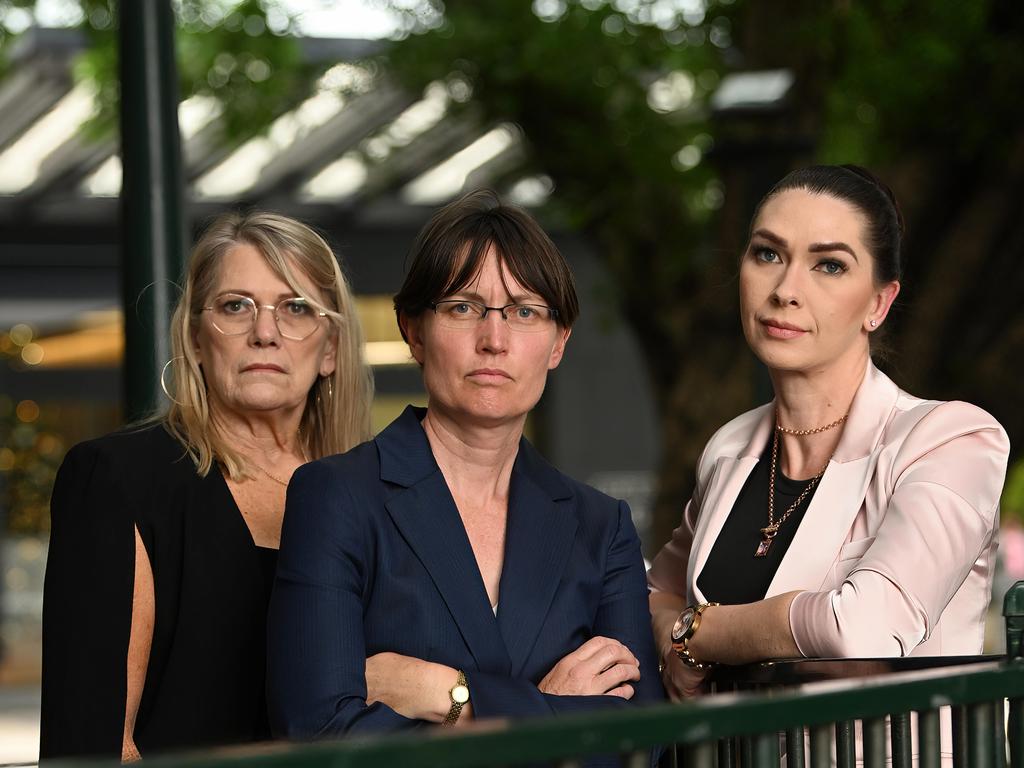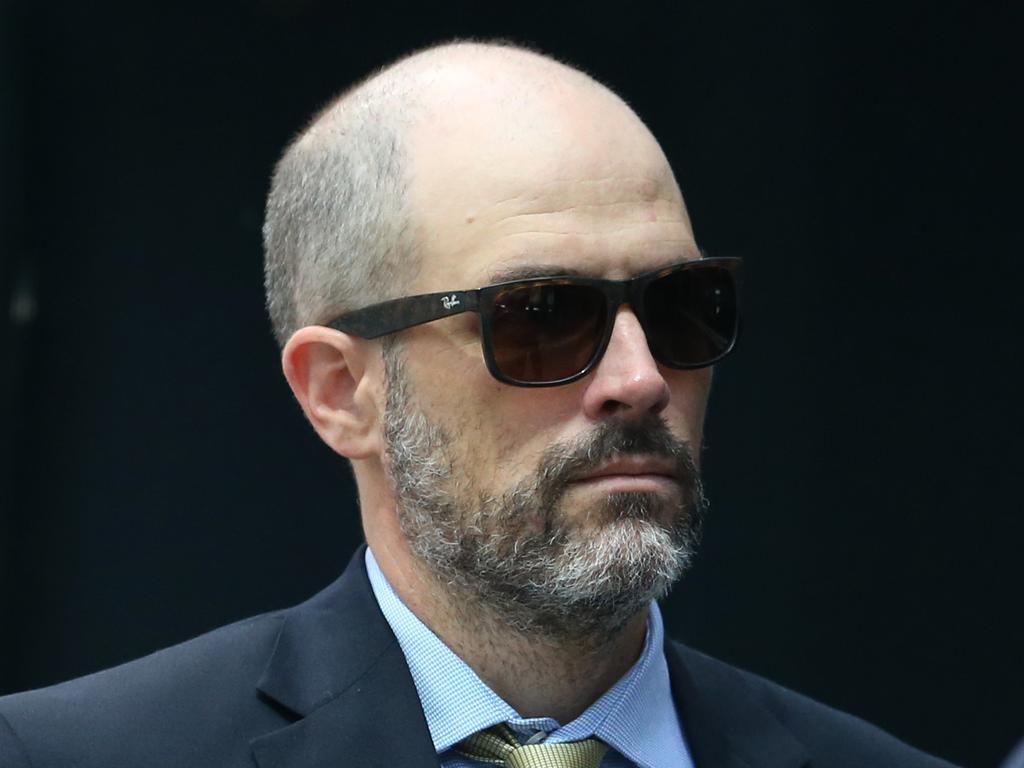DNA lab inquiry: ‘Someone must be in charge of crime caseload’
Queensland’s DNA lab must urgently introduce a new approach to managing cases and retrospectively review serious crimes after missing potentially crucial evidence for many years.

Queensland’s DNA lab must urgently introduce a new approach to managing cases and retrospectively review serious crimes after missing potentially crucial evidence for many years.
Retired judge Walter Sofronoff KC’s commission of inquiry has found only in very few cases is anyone in the lab responsible for overall case management.
Hard thresholds, removal of scientific discretion and a divided operating model with police have also been identified as key faults. “The failure to undertake appropriate case management for many years has resulted in a significant number of cases in which the laboratory may have missed evidence,” the inquiry’s report states.
“Some of that evidence may have been crucial or important in a case, or may have supported other evidence. Those failures have created a real risk of miscarriage of justice in the criminal justice system.”
The report adds: “This is one area in which urgent action is necessary. Cases are being processed at the laboratory with substandard case management each day. The longer it continues the more cases carry the risk of missed forensic evidence and the greater the burden on the laboratory to reconsider cases.”
More than 28,000 samples, or 22 per cent of all samples submitted to the lab, were not processed as a result of falling below the lab’s hard thresholds over the past five years. “That gives some indication of the scale of missed opportunity caused by the thresholds alone,” the report states.
Mr Sofronoff says hard thresholds must be killed off for “Priority 1” and major crime cases, with the lab’s scientists given discretion about what and when to test.
Priority 1 cases are those police deem to be the most serious, and major crimes, or Priority 2, cases are those involving violence.
“The investigation has uncovered a focus on turnaround times and throughput over quality, inadequate validation and scientific consideration and poor decision making over many years,” the report states.
The greatest risk from the lab’s failures was that evidence in aid of the prosecution’s case had not been presented. This could have prevented or deterred complaints from being prosecuted.
Mr Sofronoff could not exclude wrongful convictions. However, he noted none of the lab’s failures would have resulted in inaccurate DNA matches. Other labs in Australia and New Zealand had greater case management, case context and discretion, the majority carrying out in-house item examination and evidence recovery.
None of the other labs applied thresholds like Queensland’s, and scientists elsewhere had discretion to overrule their lower thresholds.
Effective case management required a continuous assessment of samples, of what should be tested, in what order and using what techniques, the report stated.
The lab has been given three months to implement a case-management approach to major crime including cold cases.
This included: appointing a reporting scientist as case manager to each case; obtaining sufficient context from police; giving discretion to the case manager to devise and implement strategies; and providing for the case manager to review the whole case before any final result is reported.







